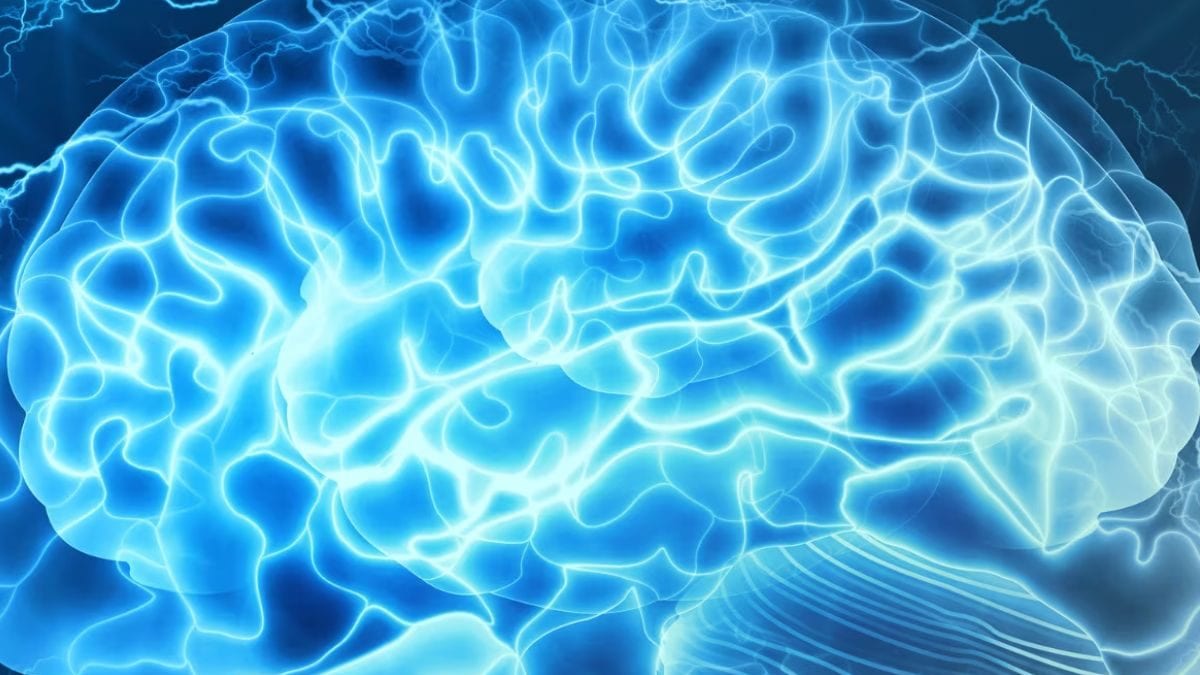Gut Microbiome Composition May Help In Early Detection Of Alzheimer’s Disease, Says New Study – News18

Smoking and alcohol aggravate Alzheimer’s.
Now, a recent study suggests that certain gut microbes could be helpful in early detection of Alzheimer’s much before the actual symptoms appear.
The research focused on the gut microbiome proposed a novel approach for early detection of Alzheimer’s disease, which could be crucial for effective treatment.It can be challenging to identify the initial stages of Alzheimer’s disease (AD) due to their subtle nature. The brain undergoes changes that can initiate a decade or more before any noticeable issues with memory or cognition arise, according to experts. When the first symptoms do manifest, they may appear as ordinary instances of forgetfulness. Now, a recent study suggests that certain gut microbes could be helpful in early detection of Alzheimer’s much before the actual symptoms appear.
A study, published on June 14, in Science Translational Medicine, a biomedical journal, revealed that individuals in the earliest phase of the disease, who display no visible signs of decline, exhibit a distinct microbial composition in their intestines compared to healthy individuals. The research focused on the gut microbiome proposed a novel approach for early detection of Alzheimer’s disease, which could be crucial for effective treatment.
“Previous studies have shown that the gut microbiomes of persons with clinical Alzheimer’s disease, when impairment of memory and cognition is apparent, are different from those of persons who are cognitively healthy,” said Aura Ferreiro, the lead author of the study and a postdoctoral research associate at Washington University School of Medicine in St. Louis. She added, “We asked how early in the progression of AD can those gut microbiome differences be detected — and the answer is quite early. The potential utility of the microbiome in early screening for preclinical AD and AD risk is supported by these results.”
The early signs and symptoms of Alzheimer’s disease can vary from person to person.
Here are 5 common signs to look out for:
- Memory loss: Forgetting recently learned information, important dates, or repeatedly asking for the same information.
- Difficulty planning or problem-solving: Struggling with tasks that require planning, organization, or following instructions, such as managing finances or completing familiar tasks.
- Confusion with time or place: Getting disoriented or confused about the time, date, season, or location. Forgetting how they got there or how to get back home.
- Changes in mood and personality: Experiencing mood swings, confusion, suspicion, anxiety, depression, or becoming easily upset, especially in unfamiliar or challenging situations.
- Misplacing items and inability to retrace steps: Putting things in unusual places and being unable to find them.
It’s important to note that experiencing one or more of these symptoms does not necessarily indicate Alzheimer’s disease, as these symptoms can also be caused by other medical conditions. However, if you or someone you know is exhibiting these signs, it is advisable to consult a healthcare professional for a proper evaluation and diagnosis.
For all the latest lifestyle News Click Here


